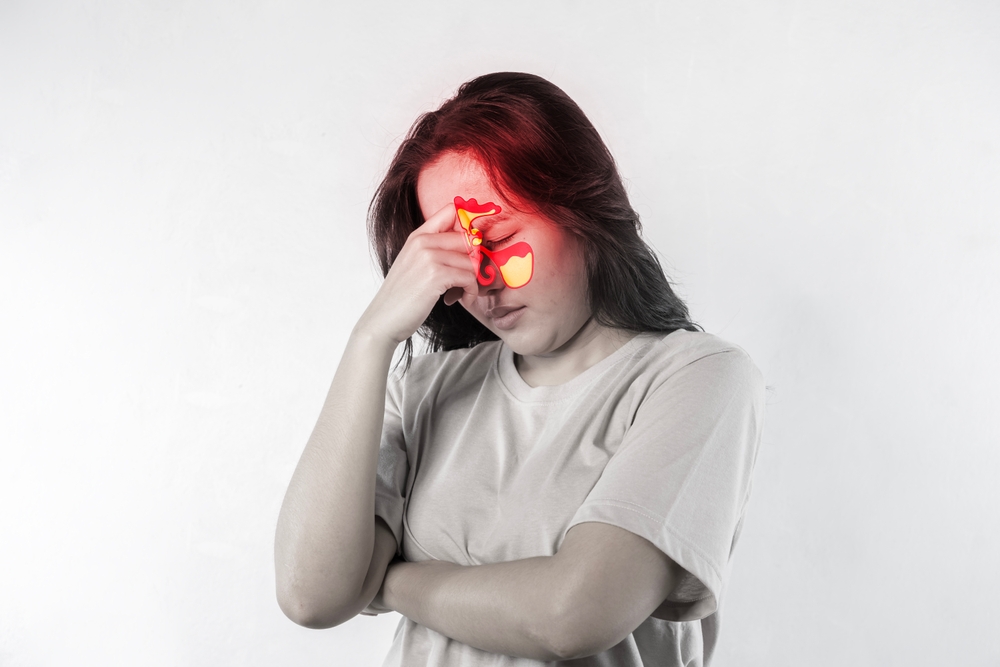Spring is here, ushering in the perfect opportunity to trade the treadmill for an invigorating jog in the great outdoors. However, if seasonal allergies have you in their grip, the idea of enjoying outdoor activities might seem daunting. Fear not! With a few simple adjustments, you can reclaim your outdoor activities and revel in the splendor of spring without the discomfort of allergy symptoms.
Recognizing the symptoms
Allergy symptoms can affect you in various ways, ranging from mild discomfort to more severe reactions. Common symptoms include:
- Sneezing
- Nasal congestion
- Itchy or watery eyes
- Runny nose
- Scratchy throat
- Coughing
- Fatigue
These symptoms can significantly impact your quality of life, particularly during the spring when allergens like pollen are abundant in the air.
How to relieve allergy symptoms
Minimizing your exposure to allergens is key to managing symptoms and enjoying your favorite outside activities during the spring season.
- Shield your eyes. Wear a pair of sunglasses to shield your eyes from pollen and other airborne allergens, providing relief from itching and watering.
- Protect your locks. For those who don’t wash their hair daily, wearing a hat or headband can prevent pollen from accumulating in your hair. Remember to keep outdoor accessories like hats outside or in a designated area to prevent allergens from infiltrating your living space.
- Consider over-the-counter remedies. Non-sedating antihistamines such as Zyrtec, Allegra, and Claritin offer daytime relief without causing drowsiness. For nighttime relief, sedating options like Benadryl or Dramamine may be more suitable. Keep in mind that while antihistamines combat allergic reactions, nasal sprays containing steroids offer broader protection against both allergens and irritants. Products like Flonase or Nasacort can provide comprehensive relief.
- Opt for nasal breathing. Breathing through your nose filters out allergens, reducing the risk of irritation. If nasal congestion obstructs breathing, consider using nasal sprays or decongestants to alleviate congestion and enable nasal breathing.
- Change out of outdoor clothes promptly. To prevent allergens from infiltrating your indoor space, promptly change out of clothes worn outdoors and launder them regularly. A post-outdoor shower can also help remove allergens from your skin and hair.
- Clear out your sinuses. Even if allergy symptoms aren’t immediately evident, allergens may linger in your sinuses. Utilize a sinus rinse solution with a Neti Pot or similar device to flush out allergens, particularly after prolonged outdoor exposure. This practice not only relieves symptoms but also reduces the risk of sinus infections.
When to see an ENT specialist for allergies
If your allergy symptoms are severe or persistent, consider consulting with an Ear, Nose, and Throat (ENT) specialist.
An ENT specialist can conduct allergy testing to identify specific triggers and recommend targeted treatment options, such as immunotherapy or sinus procedures, to alleviate symptoms effectively.
By combining these treatment approaches and adopting proactive measures to minimize allergen exposure, you can enjoy the beauty of spring without the burden of allergy symptoms weighing you down.
Find an Ear, Nose, and Throat specialist near you to develop a personalized treatment plan tailored to your needs and lifestyle.



